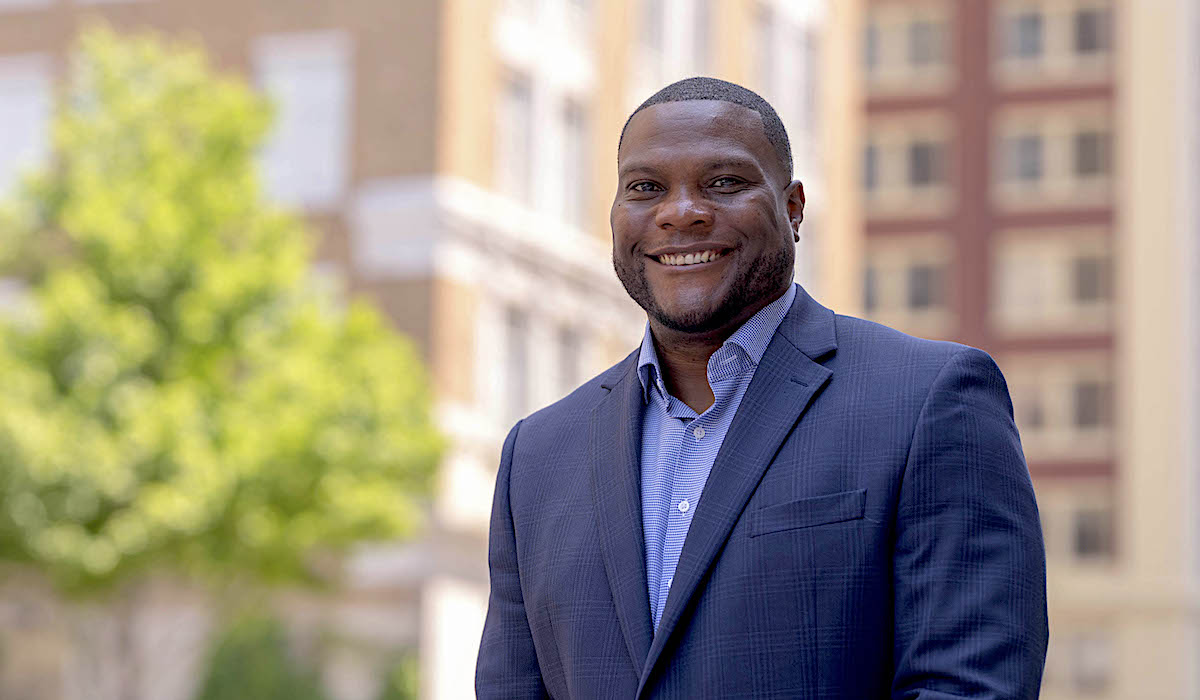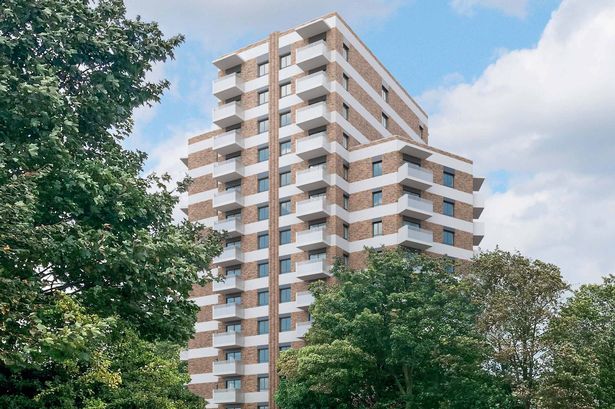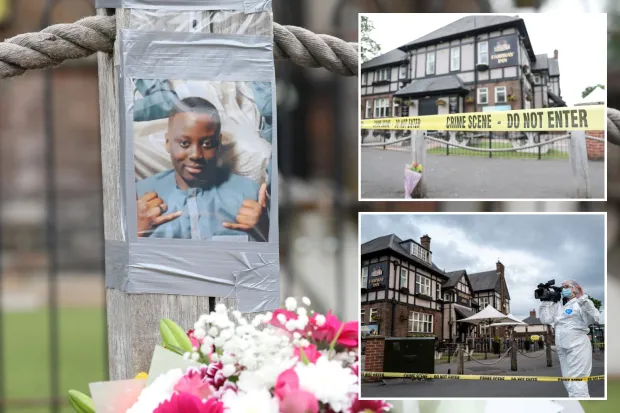
Monroe Nichols IV Becomes Tulsa’s First Black Mayor in 103 Years and Proposes Historic $100 Million Reparations Plan
For the first time in its 103-year history, the city of Tulsa, Oklahoma has elected a Black mayor: Monroe Nichols IV. His election marks a historic moment in a city that was once the site of one of the deadliest acts of racial violence in American history, the 1921 Tulsa Race Massacre.
Just days after taking office, Nichols introduced a bold and long-overdue initiative—a $100 million reparations plan aimed at addressing the generational harm caused by the destruction of Tulsa’s thriving Black community in Greenwood, once known as “Black Wall Street.”
A plan rooted in repair
Nichols’ proposal focuses on building a community trust that will raise $105 million by June 2026. Unlike direct cash payments, the plan centers on long-term investments in the community, specifically targeting the descendants of the massacre’s victims and residents of North Tulsa, where the legacy of redlining, economic exclusion, and underdevelopment still lingers.
The proposed funds will be directed toward four key areas:
• Scholarships for descendants to access higher education
• Homeownership support to counter generations of housing discrimination
• Business development programs to rebuild the economic power of Black entrepreneurs
• Infrastructure and neighborhood revitalization in historically Black communities
Nichols has made it clear that the plan is not charity. It’s a step toward restorative justice in a city that has yet to fully acknowledge the scale and impact of the massacre.
Why this matters
The 1921 Tulsa Race Massacre left more than 300 Black residents dead and destroyed over 1,200 homes and businesses. Survivors and their descendants were never compensated, and systemic neglect of Greenwood followed for decades. Tulsa’s Black residents have continued to face economic disparities that stem directly from this violent history.
Nichols’ proposal aims to break that cycle, not through symbolic gestures, but through structural investment. It recognizes that true reparations require more than remembrance—they require resources.
What happens next
The initiative is currently in the proposal stage. The next steps will involve securing private donations and philanthropic commitments to fund the $100 million trust, creating a transparent governance structure to manage and distribute the funds, collaborating with local leaders and community members to ensure the plan reflects real needs, and navigating political and public responses—especially in a climate where reparative justice and diversity initiatives are increasingly challenged.
Despite these obstacles, Nichols has made it clear that this is not just about addressing the past—it’s about building a future. His leadership marks a pivotal shift in Tulsa’s history, and his proposed plan offers a concrete path forward for justice and healing.



